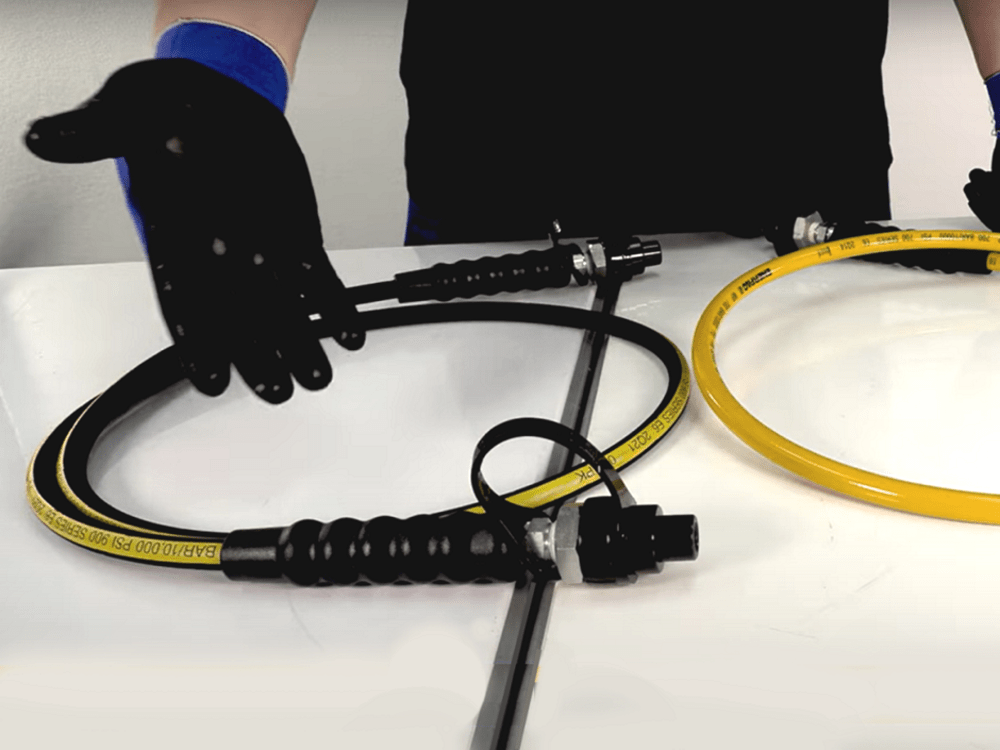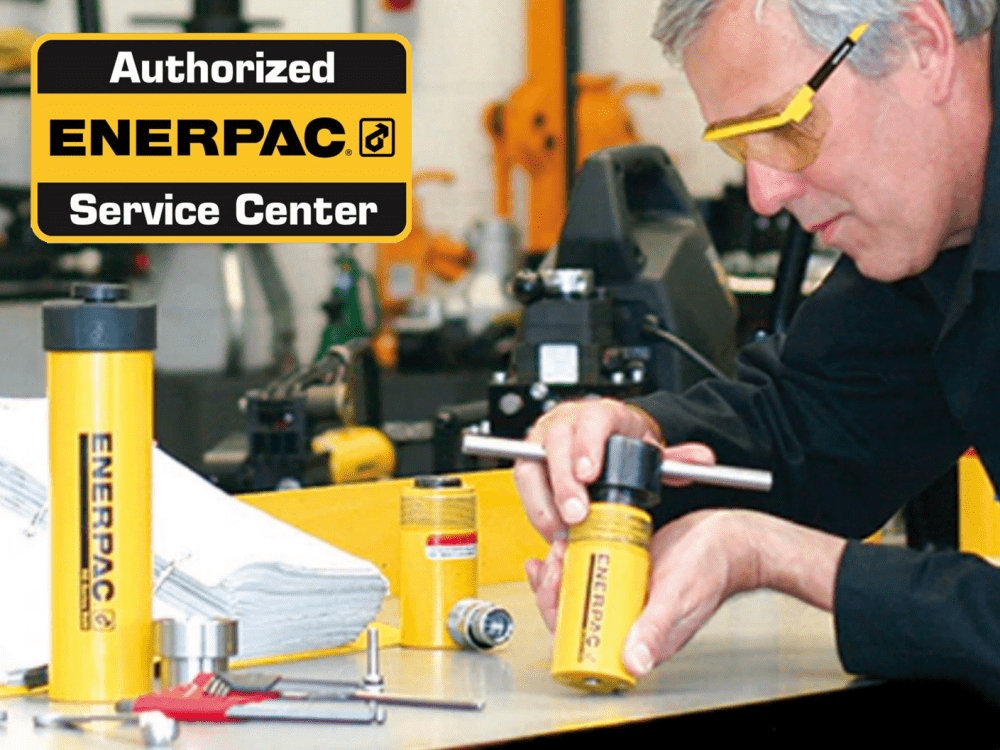How to Choose the Right Hydraulic Oil for a Pump
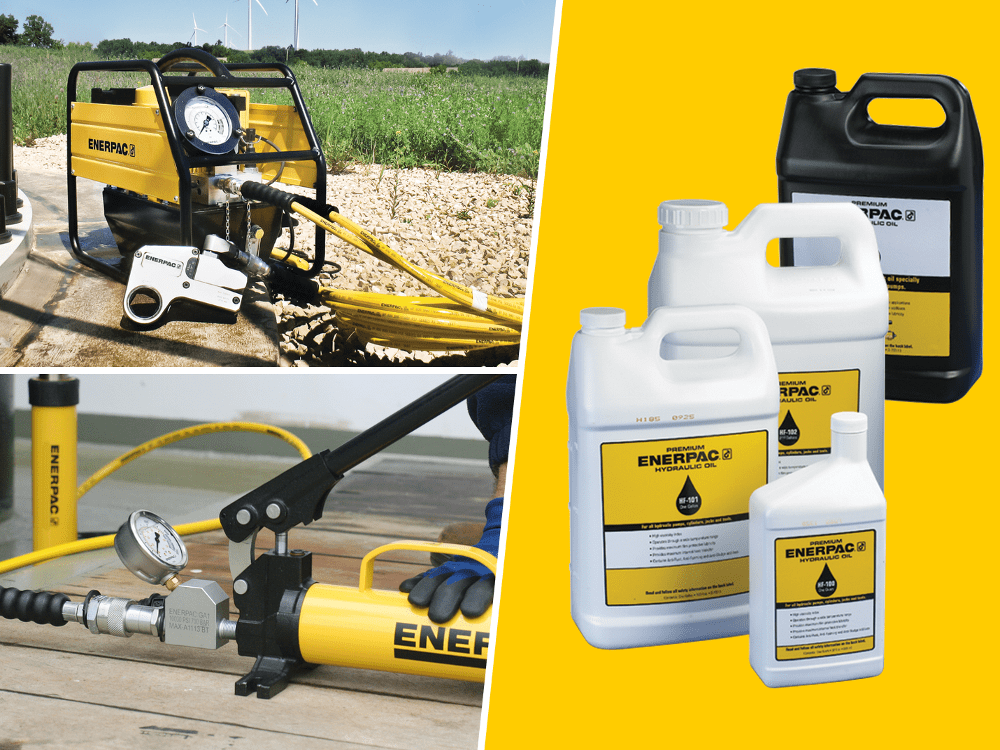
September 22, 2021
0
Hydraulic oil is arguably the most important element within a hydraulic system. The grade of hydraulic oil for a pump will influence the transmission of power, lubrication, heat transfer, corrosion, and sludge formation. If the oil is too thin there may be premature wear and tear on the moving components, and if too thick the whole system may be sluggish because it needs to work harder.
If you use the wrong oil, you might not notice any major problems immediately. But if left ignored, this could seriously shorten the lifespan of the pump, tools, and other components within your hydraulic system.
What Are the Properties of a Good Hydraulic Fluid?
Properties vary depending upon the application, but to do its job effectively a hydraulic oil needs to be:
- Non-corrosive. Mineral-based hydraulic oils provide superior corrosion protection.
- Anti-wearing to components in the system.
- Long Oxidation Life. High purity oils provide superior protection against sludge and varnish warm climates.
- Anti-foam agents control fluid aeration and damage to pump components.
- High Flashpoint to resist fire if the oil is overheated.
- Good balance of life vs. cost. High purity oils provide lower overall operating costs.
- High Viscosity Index. High VI fluids provide flatter viscosity curves to flow when the oil is cold and protect when the oil is hot.
Using the wrong oil, or contaminated oil can cause:
- Lack of lubrication.
- Decreased efficiency.
- Increased wear / Reduced component life.
- Corrosion and sludge.
- Build-up of varnish (contaminant made up of by-products of oil degradation).
- Damage to seals.
- Increased generation of heat.
The Importance of Viscosity
The viscosity of the hydraulic fluid has a huge impact as a hydraulic system in several ways.
When viscosity is too low
When viscosity is too low, the oil may not prevent metal to metal contact of internal components. The result of this will be excessive wear and greater risk of leakage past internal clearances. The effect of internal leakages is lower volumetric efficiency from the pump. It’s also true that as operating temperatures increase the oil will become less viscous and internal leakage will increase. Internal leakage is a source of heat in the system and can contribute to uncontrolled temperature rise.
When viscosity is too high
When the viscosity of the oil is too high (too thick), the system may be starved of oil.
Cavitation of the pump can occur which can cause internal damage to pump components, insufficient lubrication, and reduced pumping efficiency.
When selecting your hydraulic oil look for the Viscosity Index (VI). This value indicates the effect of temperature on the viscosity. Oils with high VI maintain their viscosity well with temperature changes. So, if you intend to work in environments where there will be extreme temperature changes, hydraulic oils with a higher viscosity index will be the best choice.
For extreme temperatures contact the manufacturer for suggestions on the right oil for your application.
Additives in Hydraulic Oil
It’s not only the viscosity that influences how an oil performs – additives play their part too and offer the following benefits:
- Anti-Wear: to prevent metal to metal contact.
- Anti-Corrosion rust inhibitors help the oil form a thin layer on components to prevent rust.
- Anti-oxidation.
- Anti-foam –after oil is agitated and aerated it can generate a foam.
Types of Hydraulic Oil for Pumps
There are different types of pumps available to operate hydraulic tools. Each has specific needs – for example, a powered pump has many moving parts, and so has more exacting needs than a simple hand pump used with a hydraulic lifting cylinder.
Hydraulic Oil for Hand Pumps
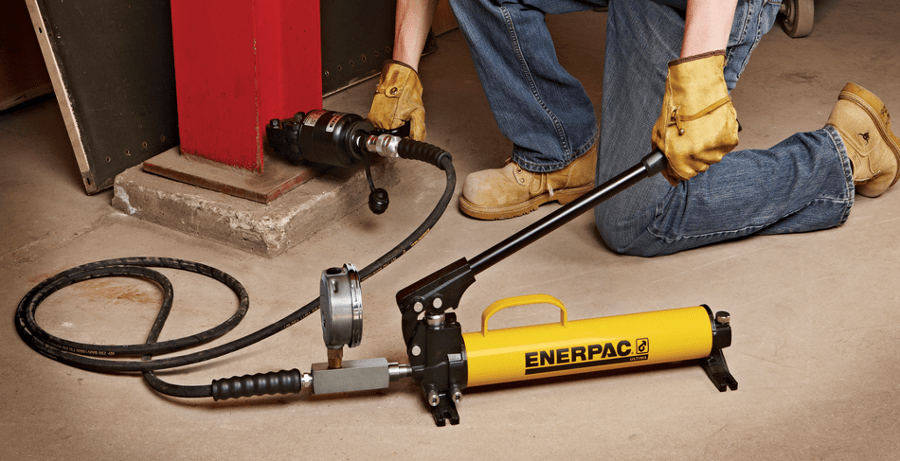
Although the hydraulic demands of a hand pump are more straightforward than a powered pump, it doesn’t mean you can use any hydraulic oil you can find in your workshop. It’s always best to choose hydraulic oil that is specially formulated for your hand pump.
The packaging should clearly state that the oil can be used with a hand-operated hand pump. The oil will be specially formulated for:
- Anti-corrosion.
- High Purity and cleanliness to prevent Anti-cavitation and improve efficiency.
- Anti-Wear for reduced friction handle effort.
- Good low-temperature performance.
Hydraulic Oil for Powered Pumps
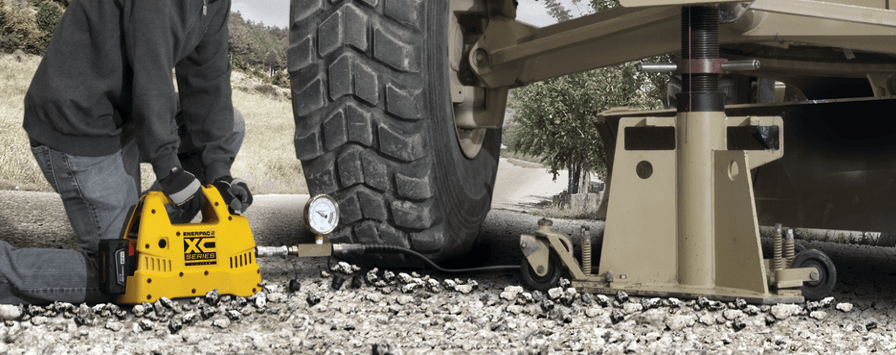
Oil specially formulated for powered pumps should have the following properties:
- High viscosity index – for maximum lubrication across a wide temperature range.
- Anti-Wear: for wear resistance on moving parts.
- Maximum heat transfer.
- High purity and cleanliness to prevent and improve efficiency.
- Anti-corrosion.
- Anti-foam.
- Anti-oxidation.
Important! – Do not use hand pump oil within a powered pump system.
(The only exception is in extremely cold environments where high-temperature operation is not required. As mentioned previously, when working in extreme temperatures consult the pump manufacturer for suggestions on the right oil for your application).
Also, to Protect the Warranty on your Enerpac product, use only Enerpac Hydraulic Oil.
